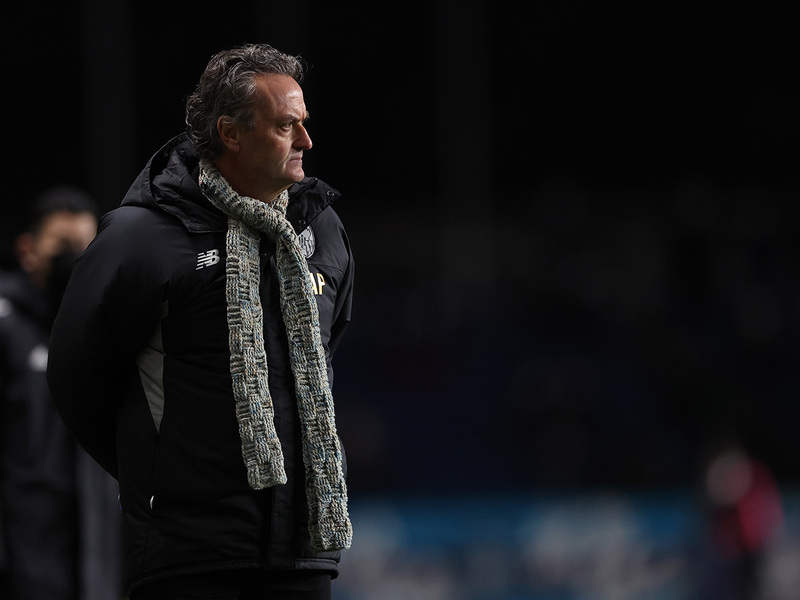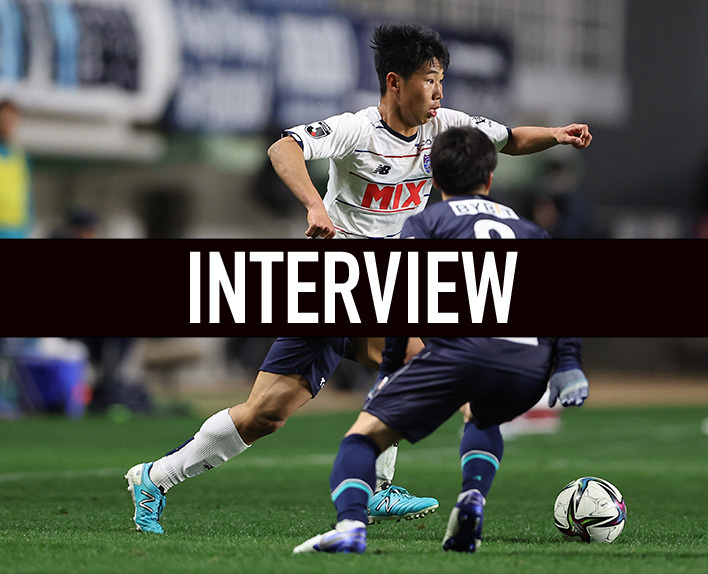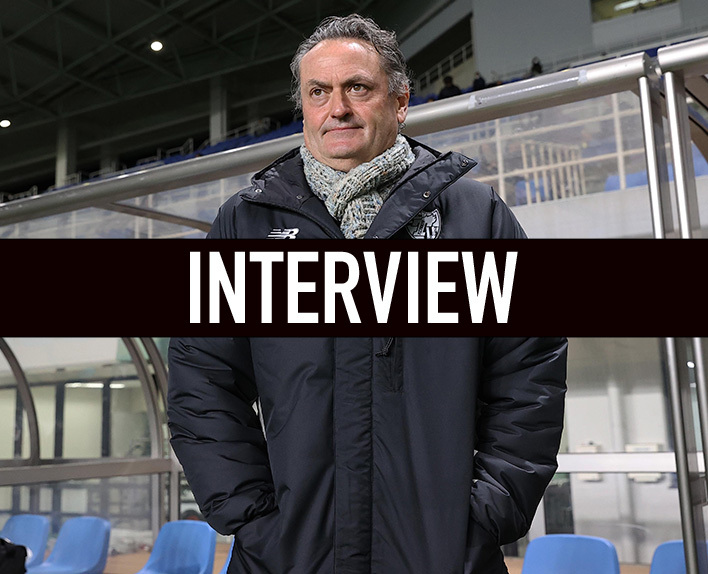Former right-hand man of Josep Guardiola (Pep), Tito Vilanova, who also managed FC Barcelona's first team after Pep's departure, listed the following two points as the principles of Barça style:
One is to "keep possession of the ball and continue attacking in the enemy's territory", and the other is to "regain possession immediately after losing the ball".
No matter how the system is──rather, the system is secondary──what is most important is to practice these two principles, he said before his untimely death at the young age of 45 in April 2014, eight years ago.
The concept is really simple. Roughly speaking, theoretically any club in the world can become Barcelona just by doing this. However, putting this into practice on a daily basis is as difficult as drawing a perfect circle without any distortions in one stroke, and it is much harder than it looks.
Pep Barca, from the late 2000s, was able to establish an era of dominance through their overwhelming possession football, thanks to a solid philosophy as its foundation.
"If you have to win ugly, then lose beautifully."
"Football is always aggressive and must be spectacular. If you control the ball, you won't be attacked by the opponent."
"There is no need to run. Just let the ball run."
The philosophy of Barça, advocated and instilled by the mentor Pep, is being passed down to this day by the legendary Johan Cruyff.
In 1988, Cruyff, who returned to Barcelona as a coach after spending his playing days there, first focused on implementing his philosophy within the team by starting with a "consistent education" from the youth academy to the first team. From young boys to star players, Cruyff instilled the same philosophy of valuing possession and playing in the same style to all of his players under him.
In this way, Pep, Xavi, Andres INIESTA, and Lionel Messi naturally acquired the Barça style, just like young children learn a new language by listening with their ears.
The unique advantage that only Barca can imitate is here. Of course, there have been managers like Louis van Gaal who relied heavily on Dutch players in the past, but it was Pep who maximized that advantage and achieved great success in football history, taking charge of the top team for 4 seasons from the 08-09 season.
"The reason why newly promoted Canterano (players from the youth academy) can easily fit into the top team is because they have been exposed to the exact same style of football at the academy."
Pep once said so, but the players understand how to fight from their skin, so there was no need to build tactics from scratch to match the characteristics of the players. In extreme terms, even if left alone, a high level of automatism was depicted on the pitch.
Therefore, I personally think that Pep has become a stronger tactician since leaving Barca and taking charge of Bayern Munich and current Manchester City, where he does not have such an advantage.
Of course, even during his time as Barcelona's manager, he was so dedicated to studying the opponent that he would spend all day in the video room analyzing them. He also came up with many "inventions" such as using Messi as a "false 9" and converting defensive midfielder Javier Mascherano into a center back. However, as mentioned earlier, Vilanova testified to this during his time as an assistant coach.
"Pep had completely read the countermeasures of the opposing team, Barcelona. In order to prevent us from freely passing the ball, the enemy will set a high line and come to steal the ball from the front. However, that doesn't mean that Pep had prepared a special training menu or given specific strategies. He just instructed us to attack the space behind the final line, and the players with high quality executed it perfectly."
In the modern football world where the liberalization and internationalization of the transfer market have advanced, it can be said that Pep Barca, who stood at the top of the world with homegrown talents at its core, was an extremely exceptional existence.
This season, Spanish coach Albert PUIG ORTONEDA, who took over as the manager of FC Tokyo, aims to play positional possession football based on his ideal Pep Barca style.
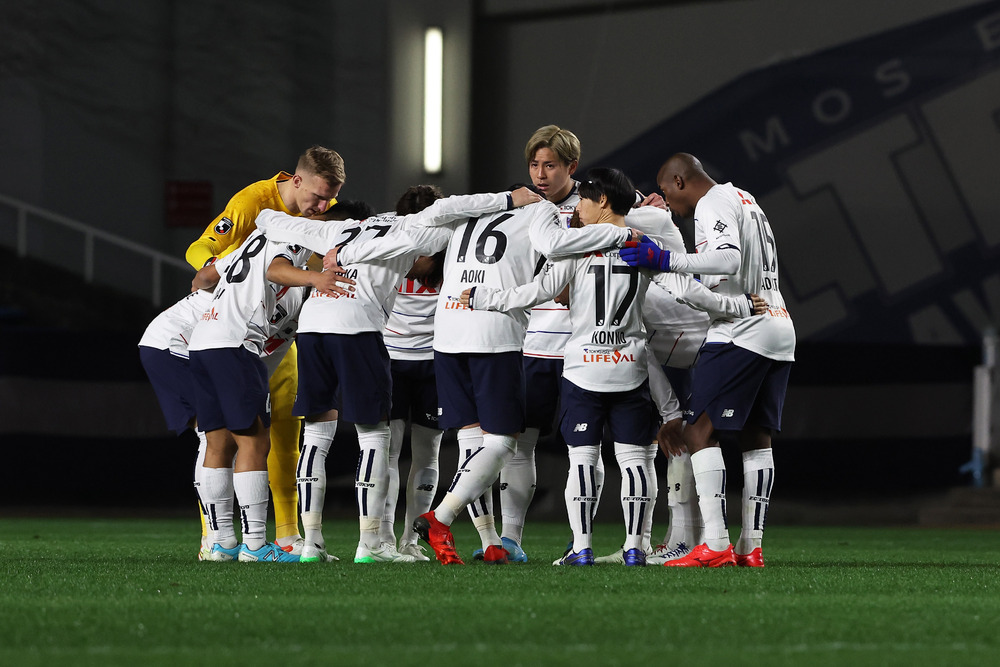
However, as a fervent follower of Cruyff and Pep, and having previously served as a coach and academy director in Barça's youth system, he naturally understands how difficult it is. Even during his two-year tenure at Albirex Niigata in J2, where he continued to play possession-based football and provide spectacle, he was unable to achieve promotion to J1.
FC Tokyo currently does not have a Barcelona-like attacking philosophy ingrained, nor do they have players who have been consistently educated in a possession-based style from the academy, leading the team's core.
"We need time."
Coach Albert Puig Ortoneda repeatedly says, not to create an escape route, but to express his honest feelings. Like cells dividing, he creates triangles one after another on the pitch, and approaches the opponent's goal with a high level of coordinated football. To achieve this, it takes time to play a high-pressing football that can be said to start attacking the moment the ball is lost.
In order for FC Tokyo to achieve the soccer that coach Albert PUIG ORTONEDA is aiming for, it is important for the club and fans/supporters to not rush into that realm all at once. Therefore, the first thing that coach Albert should focus on is building the foundation of thinking, which is the role that Cruyff played. In other words, creating a "Tokyoism" instead of a Barcelonism.
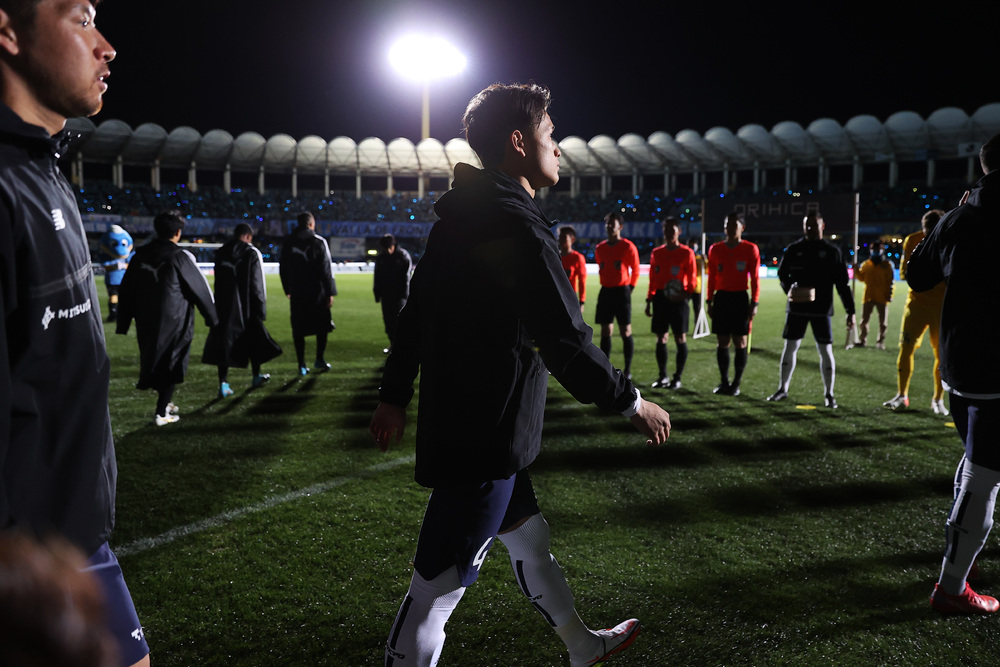
"I want to build a foundation in the first year and have a good start in the second year as much as possible. However, I cannot guarantee the title."
From the comments of coach Albert PUIG ORTONEDA, and from the fact that 18-year-old rookie Kuryu MATSUKI was used as a starter in the opening match against Kawasaki Frontale, we can see the medium to long-term strengthening policy. However, if we want to shorten the time for basic training as much as possible, we should also incorporate talented players from outside who fit the playing concept while nurturing excellent talent in the academy. Even at Pep's Barca, players like Dani Alves, Pedro Rodriguez, and David Villa, who were not from the academy, became valuable assets to fill the gaps that could not be filled by academy players alone.
In terms of reinforcement, Pep at the time also drew a lot of bad luck. Examples of this include Ukrainian center back Dmytro Chygrynskiy (now at AEK Athens), who was acquired for his footwork but did not fit in with the team. There was also a conflict with Zlatan Ibrahimovic (now at AC Milan) over his usage, showing that Pep's management skills were not as strong as they are now when he was still inexperienced as a coach.
That is why the importance of philosophy and the excellence of Canterano stand out even more.
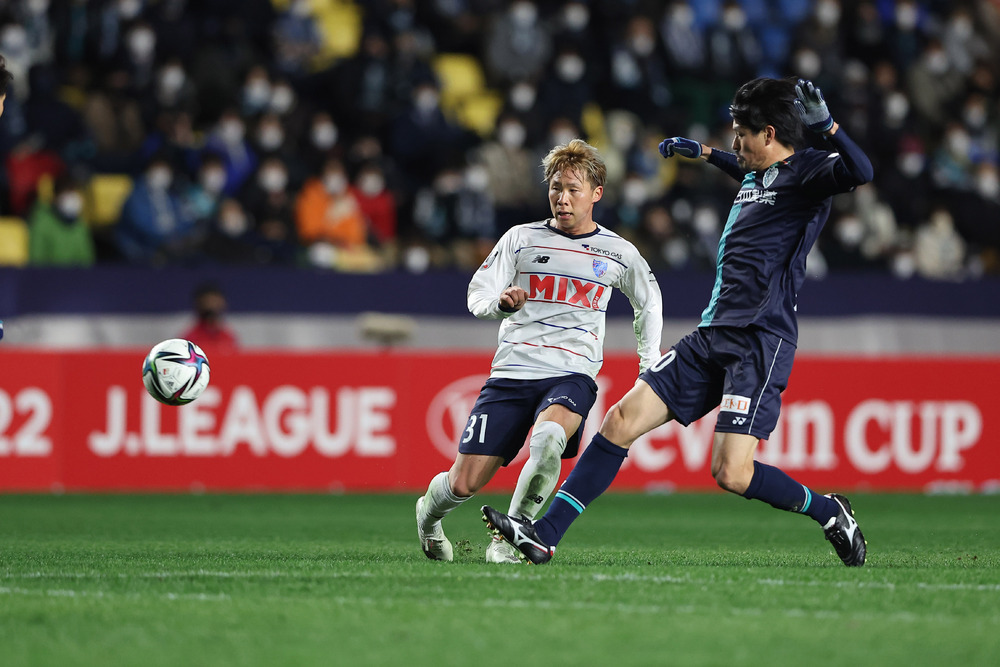
Of course, it has been about 10 years since the era of Pep Barça, and modern football now demands stronger physical and athletic abilities. Both Barça and Pep, who left Barça, have been updating their tactics every year in an attempt to adjust to these changes. The trendy positional play that focuses on the advantage in the standing position, such as the "false full-back," can be said to have been pioneered by Pep. However, recently, Barça may give more of an impression of trial and error rather than updates. Nevertheless, the underlying philosophy remains unshaken, and having a foundation to return to when in doubt is significant.
In the past, there was a left back named Francesco Coco in the 01-02 season at Barça. He was the first Italian player in the club's history and was also known as "Paolo Maldini's successor" as he grew up in AC Milan's youth system. However, he was always the target of boos at Camp Nou. Barça's style is to fearlessly connect and break from the back line. However, Coco, who preferred safety first and easily kicked the ball out of touch, was not forgiven by the Cules (Barça supporters).
How long will it take for such a culture to take root in FC Tokyo, and for Albert Tokyo to find his way back to his roots?
It goes without saying that the reform by coach Albert Puig Ortoneda has just begun, and it is not something that can be achieved overnight to instill the mentality of "loving the ball like a lover" in the players. However, it is important to patiently wait. Surely, in the future, even after 10 years or half a century, the unchanging style of FC Tokyo will be established.
Text by Haruyoshi YOSHIDA
